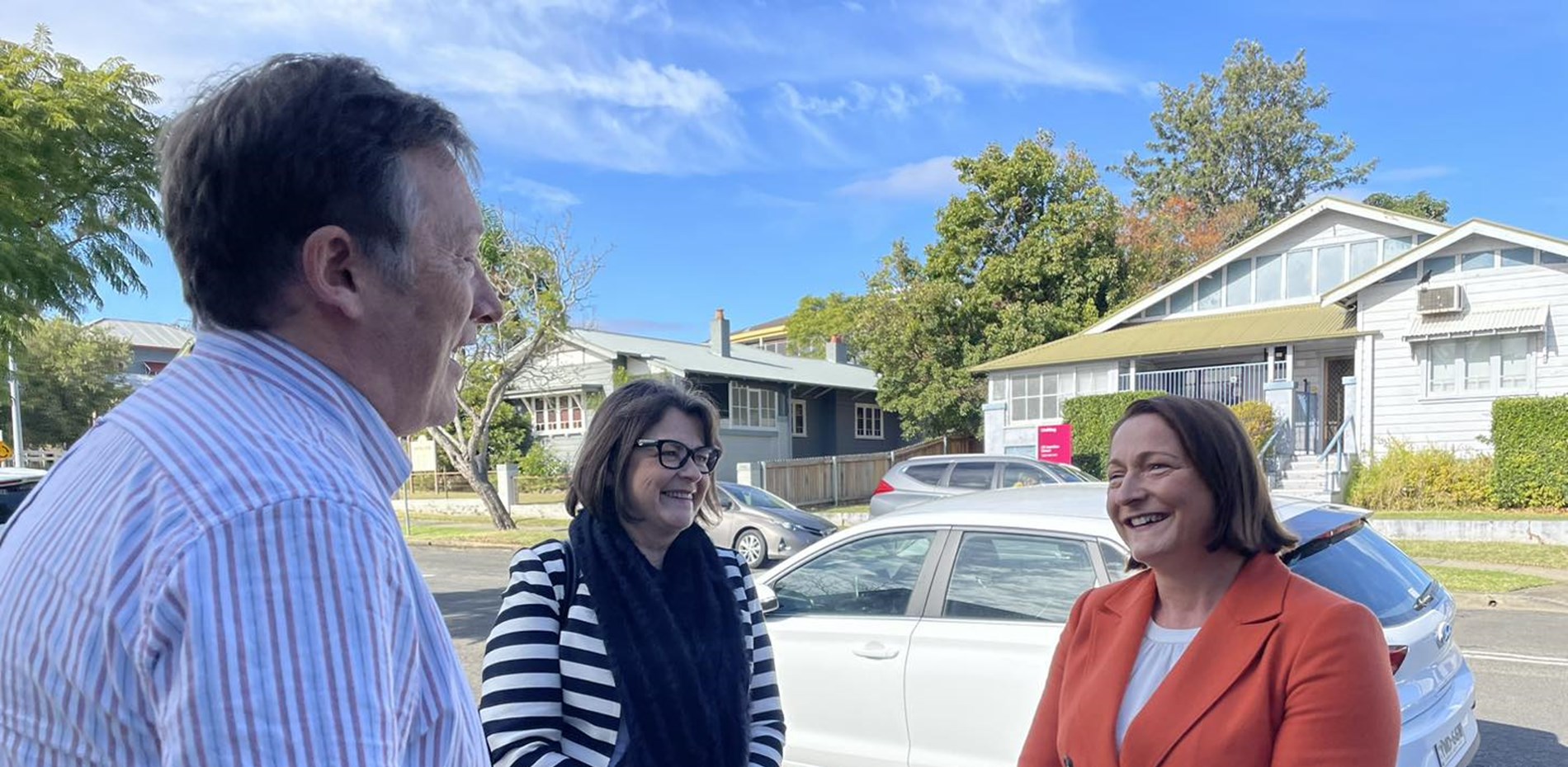Mrs PHILLIPS (Gilmore) (16:51): Community pharmacies are a very important part of our towns and villages in Gilmore. They are there when you need them, and we have seen that first-hand through many natural disasters: the Black Summer bushfires, multiple floods and storms, and of course COVID-19.
Community pharmacies, pharmacists and pharmacy workers really play—and, importantly, will continue to play—an extremely important role in our communities. They are where people go to get their medication and some advice, where people pop in to buy some essentials, to have their vaccination and more. There is great opportunity for an increase in scope for pharmacists so that pharmacists can utilise their skills even more. In a changing world, just like many businesses in my local area, this is what many businesses have had to do to survive—and that was without a government subsidy.
In 2018 the clinical experts at the independent Pharmaceutical Benefits Advisory Committee recommended moving to 60-day dispensing. Instead, it was not implemented, costing Australians billions in lost savings and resulting in people paying much more for their medicines than they should have. But multiple-month dispensing is nothing new. It happens in many countries around the world, like New Zealand, the UK, France and Canada, and has worked for years. This will halve the cost of medicines for millions of Australians, and in Gilmore around 50,000 people will benefit from cheaper medicines. If this system was introduced in 2018 it would have saved patients billions of dollars. Think about that. That is taxpayers' money—taxpayers' money that has gone to keeping medicine prices higher unnecessarily.
In Gilmore, incomes are not high. People are facing tough times, and people need sensible cost-of-living relief. This government is making the decision to make medicines cheaper for six million Australians. In my electorate, where there has long been a GP crisis due to the previous government's cuts to Medicare, our cheaper medicines policy will, importantly, help free up GP appointments for those who need them most and help ease pressure on our local hospitals' emergency departments as well as free up time for more GP support for nursing home residents.
I have looked at this policy from every angle. I've listened to local views of pharmacists, GPs and patients. And I'm completely satisfied that there is no logical reason that we should not move to 60-day dispensing. But don't take my word for it. I recently received a letter signed by peak medical and consumer health organisations supporting our cheaper medicines policy, including the Consumers Health Forum, the Rural Doctors Association, the AMA, the Royal Australian College of General Practitioners, Breast Cancer Network Australia, the Heart Foundation, Asthma Australia, Diabetes Australia, and the Lung Foundation, as well as groups like the Council of the Ageing and the National Aboriginal Community Controlled Health Organisation, and many others. These represent patients in Gilmore with chronic conditions that will benefit from cheaper medicines. This is what Dr Dominic Frawley, a Nowra GP, had to say:
"Patients will be able to get the same quality of care while reducing unnecessary visits to the doctor and pharmacist. This will take some pressure off appointments in general practice—making it easier for my patients to see me when the need arises. The new government is offering some genuine support to GPs and their patients, after many years of cost-cutting. That's better for me and my patients."
Isn't better health care for people what it's about?
I have been deeply disappointed that some local pharmacists, and pharmacists around Australia, have been deliberately misleading and harassing consumers with a vicious scare campaign. I have never, ever seen such atrocious, despicable behaviour—in particular, scaring and lying to vulnerable patients. Medicine shortages will not be worsened due to this initiative, nor will it directly lead to medicines going into chronic shortage. The PBAC has said the 325 medicines for chronic conditions are safe for 60-day dispensing. I understand that local pharmacist owners are concerned about their profits, but this is good health policy, and the fact that the government is putting every dollar of the $1.2 billion saved back into community pharmacy is a good thing.
My message to local pharmacists today is, in the best interests of local pharmacies and pharmacy workers, encourage the Pharmacy Guild to return to the negotiating table so that the pharmacy sector is involved in constructive discussions about the reinvestment of funding back into community pharmacy. That would be in everyone's best interests. I look forward to cheaper medicines starting on 1 September and providing much-needed cost-of-living relief for people in Gilmore.



